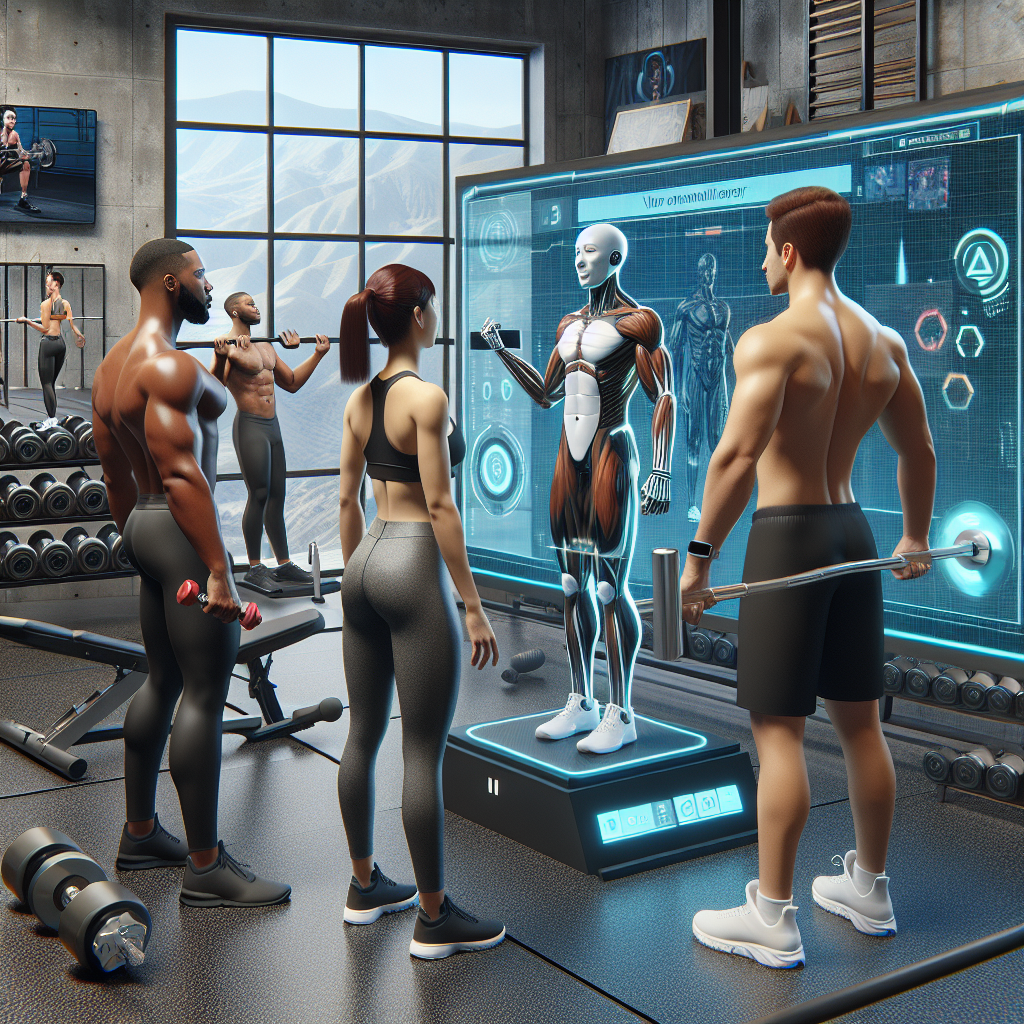AI Personal Trainers vs Human Coaches
In 2018, a world-class marathoner shocked the fitness world—not by winning a race, but by publicly announcing that most of his training was planned by an app powered by artificial intelligence. Since then, the debate around AI personal trainers vs human coaches has intensified. Are we witnessing the beginning of a fitness revolution, or is the human touch irreplaceable in coaching?
What Are AI Personal Trainers?
AI personal trainers use machine learning algorithms, biometric data, and performance tracking to generate personalized fitness plans. These digital platforms analyze your goals, habits, and progress in real-time, adjusting workout intensity, duration, and frequency on the fly.
Some of the popular platforms in this space include:
- Freeletics
- Whoop
- Tonal
- Train Fitness AI
AI personal trainers can respond instantly to user data, often providing a 24/7 personalized experience tailored to individual performance metrics like heart rate, recovery levels, and caloric burn.
Strengths of AI in Fitness
While exploring the pros and cons of AI personal trainers vs human coaches, it’s clear that technology scores high on precision and consistency. Here’s where AI shines:
- Accessibility: Users get expert-level fitness guidance at a fraction of the cost of hiring a human coach.
- Scalability: AI platforms can serve millions simultaneously without compromising performance.
- Data Integration: Ability to integrate with wearables for real-time feedback and smarter plans.
- Habit Tracking: AI helps build consistency with nudges, rewards, and gamified progress measurements.
But What About Human Coaches?
Despite all the advantages of AI, human coaches bring something software still cannot fully replicate: emotional intelligence. A seasoned coach listens, adapts based on your moods, injuries, and motivation. They understand the unexplained variables in performance—like stress, fear, and burnout—that AI may miss or misinterpret.
Coaches also have deep domain knowledge that goes beyond algorithms. They build trust, which can influence long-term behavior change and client adherence. In rehab, competitive sports, or high-performance environments, a qualified coach is often irreplaceable.
When to Choose AI and When to Choose a Human Coach
The choice between AI personal trainers vs human coaches often depends on your goals, personality, and budget:
- Choose AI: If you’re looking for affordable, data-driven, and flexible workout programs with tech integration.
- Choose a Human Coach: If you need accountability, emotional support, and personalized adjustments that go beyond statistics.
The Future: A Hybrid Approach?
As technology advances, the most effective fitness solutions may lie in a hybrid model. Human coaches augmented with AI tools could offer the best of both worlds—personal insight alongside real-time data analytics. This combination could transform modern coaching and unlock peak performance like never before.
Ultimately, the answer to whether AI can replace human coaches isn’t binary. It’s about collaboration, not competition. For deeper insights on how AI is augmenting wellness and lifestyle, check out this guide on AI’s role in healthcare and fitness.
The age of AI in fitness has arrived—but it’s not here to replace your coach. It’s here to make them even better.

